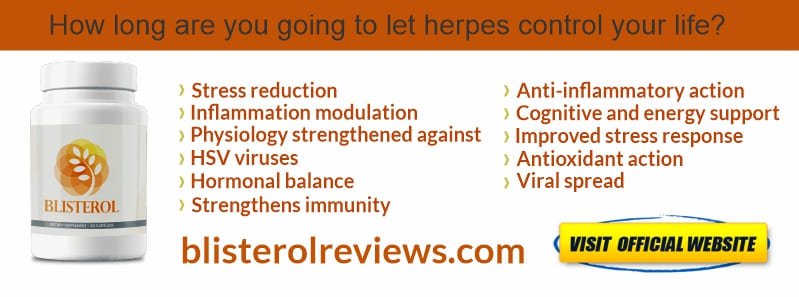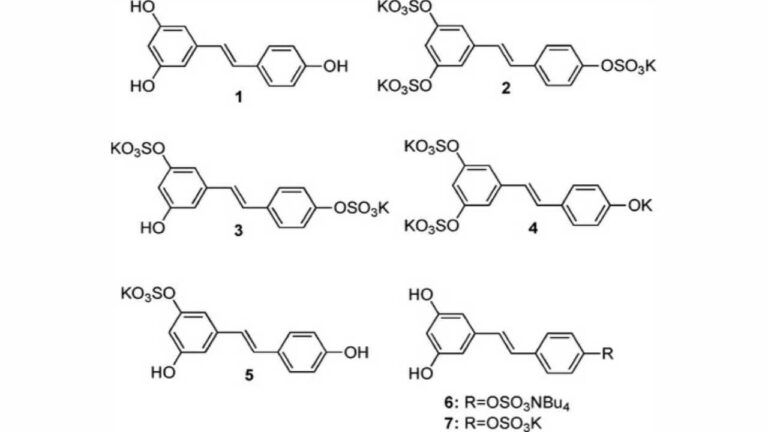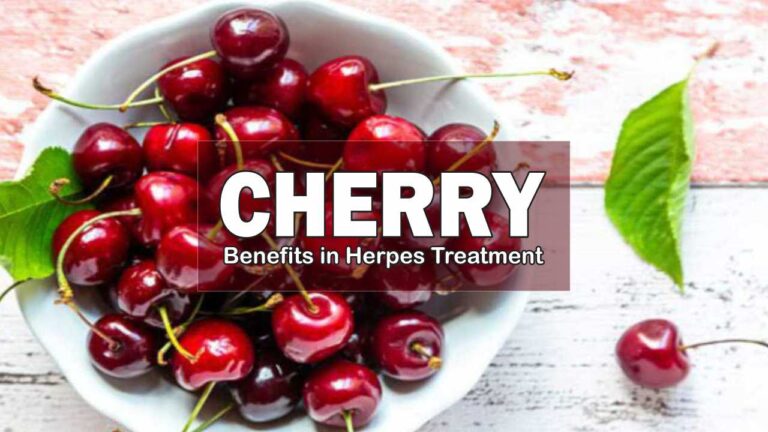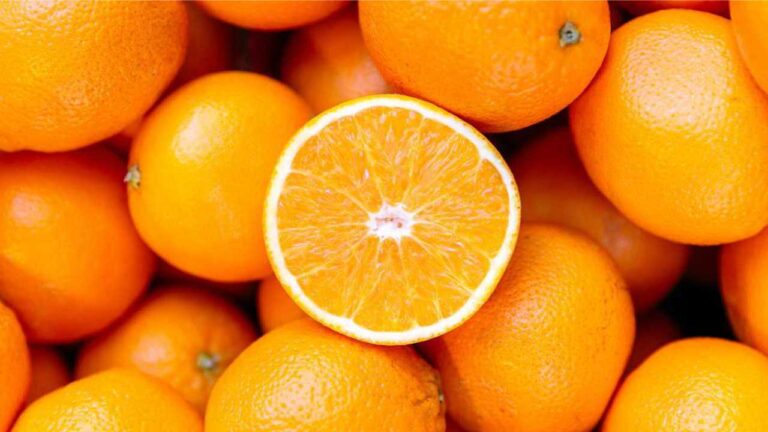Although herpes has no cure, there are a number of treatments available to alleviate symptoms and prevent recurrences. One natural option that has been the subject of research in the treatment for herpes is kale.
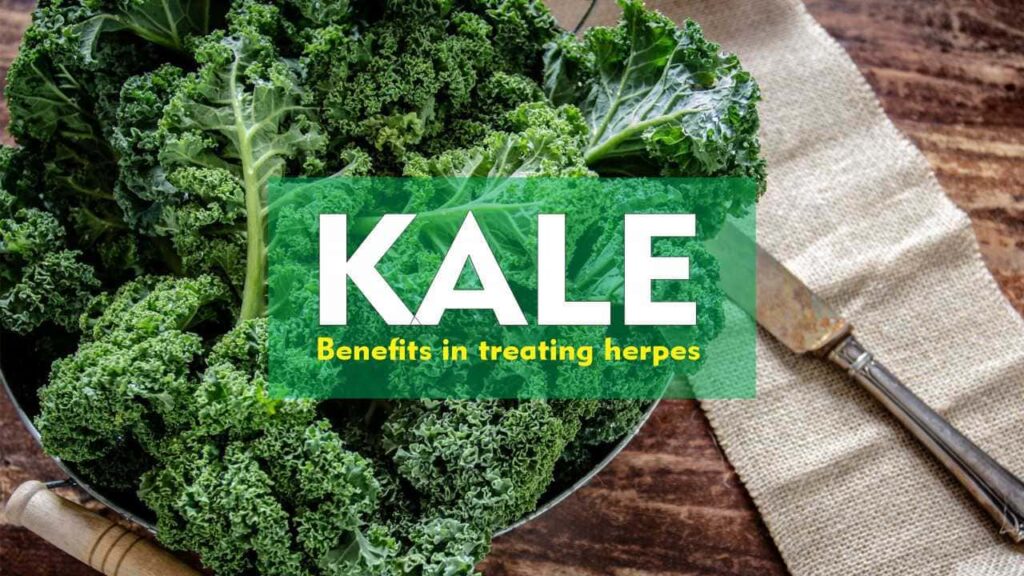
Kale has been Respected for its Potential Benefits in Treating Herpes
Kale is a nutrient-rich cruciferous vegetable and antioxidant. In fact, it’s one of the healthiest foods you can consume. Kale is an excellent source of vitamin C, vitamin K, folate, and calcium. It also contains a variety of other important nutrients, including iron, manganese, potassium, magnesium, and vitamins B1, B2, and B6.
Research conducted on Kale and Herpes
Kale has been studied for its potential benefits in the treatment of herpes. In a study published in the scientific journal “Journal of Ethnopharmacology,” researchers found that kale extract was able to inhibit the growth of herpes simplex virus in laboratory cells. The researchers also found that kale was able to reduce inflammation and increase immune cell activity.
In another study published in the journal “Phytotherapy Research,” researchers found that kale juice was able to significantly reduce the pain and duration of herpes lesions. Study participants who consumed kale juice had a 50% reduction in pain and a 28% reduction in lesion duration.
Furthermore, a study published in the “Journal of Agricultural and Food Chemistry” found that kale is rich in antioxidant compounds that may help protect the body against damage caused by free radicals. These compounds may also help reduce inflammation and strengthen the immune system.
Benefits of Kale for Treating Herpes
Antiviral
Kale contains antiviral compounds that help fight the herpes virus and reduce the severity of symptoms.
Anti-inflammatory
Herpes can cause inflammation in the skin and affected area, and kale has anti-inflammatory properties that help alleviate pain and redness.
Rich in vitamin C
Kale is an excellent source of vitamin C, which is essential for the immune system. Increasing vitamin C intake can help strengthen the immune system and prevent herpes recurrence.
Source of L-lysine
Kale contains the amino acid L-lysine, which is known to help prevent herpes. It can block the action of the amino acid arginine, which can trigger herpes outbreaks.
Nutritious
Kale is a rich source of nutrients, including calcium, iron, magnesium, phosphorus, potassium, and vitamins B6 and E. These nutrients help strengthen the body and increase immunity.
Main Nutrients in Kale
Kale is a highly nutritious leafy green, rich in various essential nutrients to support the treatment of herpes and overall health.
One 100-gram serving of raw kale contains:
| Nutrient | Amount Per 100g | % Daily Value |
|---|---|---|
| Calories | 49 | 2% |
| Total Fat | 0.9g | 1% |
| Saturated Fat | 0.1g | 1% |
| Cholesterol | 0mg | 0% |
| Sodium | 38mg | 2% |
| Total Carbohydrate | 9g | 3% |
| Dietary Fiber | 3.6g | 14% |
| Total Sugars | 1.9g | |
| Protein | 4.3g | 9% |
| Vitamin D | 0mcg | 0% |
| Calcium | 150mg | 12% |
| Iron | 1.5mg | 8% |
| Potassium | 450mg | 10% |
| Vitamin A | 681mcg | 76% |
| Vitamin C | 120mg | 133% |
| Vitamin K | 704.8mcg | 621% |
How to include Kale in your Diet to Support Herpes Treatment
To include kale in your diet to fight herpes, here are a few ideas:
Smoothies
Blend kale leaves with fruit and yogurt or milk for a nutritious and tasty smoothie.
Salads
Use kale as the base for your salad and add other veggies, such as carrots and cucumbers, along with a protein source like chicken or tofu.
Soups
Add kale to soups, such as chicken and vegetable soup, for added nutrition and flavor.
However, it is important to remember that kale should not be used as the only treatment for herpes.
Consult a doctor for proper diagnosis and to discuss appropriate treatment options for you.

